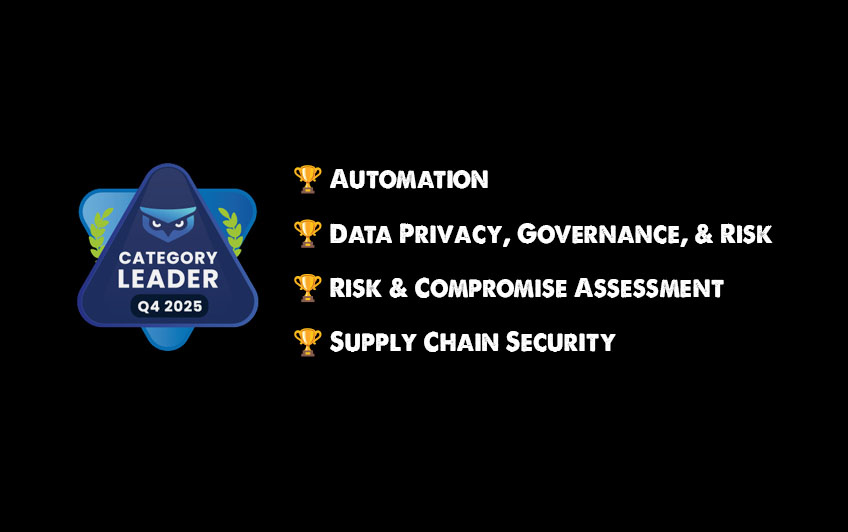With the absence of a comprehensive federal data privacy law in the U.S., states have been stepping up individually to protect their residents’ information. Now, nine states have formed a collaborative regulatory force, sharing resources and enforcement strategies to address the challenges posed by digital data crossing jurisdictional lines. This historic partnership aims to harmonize privacy protections, making meaningful consumer safeguards the new standard and signaling a major shift in how privacy will be enforced nationwide.
Who’s Involved?
The Consortium of Privacy Regulators includes California, Colorado, Connecticut, Delaware, Indiana, New Jersey, Oregon, Minnesota, and New Hampshire, along with their respective privacy agencies and Attorneys General. These states are pooling expertise, meeting regularly, and coordinating their enforcement efforts through the Consortium of Privacy Regulators, which has grown as more states enact new consumer privacy laws. Each state’s law shares common features such as consumer rights to access, delete, and opt out of personal information usage, making multi-state investigations and enforcement feasible.
Why Now?
Previously, businesses and consumers navigated a fragmented ecosystem, with privacy rights — and risks — varying widely depending on the state. Enforcement was mostly a local affair, limited by borders, and unable to address the reality of nationally and globally connected data flows. Now, state regulators are joining forces because the complexity and urgency of data privacy protections have surged, and efforts to pass sweeping federal legislation lag behind. The ultimate goal is smoother, stronger, and more consistent protections for consumers wherever they reside or do business, finally letting regulators police violations across state lines.
How the Collaboration Works
These nine states coordinate through regular meetings and pooled enforcement resources, forming the Consortium of Privacy Regulators. Each state brings its own privacy laws and enforcement agencies — like the California Privacy Protection Agency or newly created units in Minnesota and New Hampshire — with authority to investigate, issue fines, and require changes

in business practices. They share expertise across casework, harmonize investigation techniques, and strategize on cross-border issues. This setup allows the group to launch multi-state enforcement sweeps or respond collectively to emerging privacy violations, making compliance demands much more consistent for companies operating in multiple states.
What It Means for Consumers
For consumers, this collaboration delivers stronger and clearer protections. Whether a resident of California, Delaware, or New Hampshire, individuals gain enforceable rights to access, correct, delete, and opt out of the sale of their personal data — even when their information travels or is processed in other states. The cross-state alliance means consumer complaints and privacy concerns can be addressed by regulators working together, reducing confusion and enhancing the likelihood of a quick, fair resolution. The overall effect is easier user control, more transparent business practices, and far less risk that companies will exploit state-level regulatory gaps.
What It Means for Businesses
For businesses, especially those operating online or servicing clients in multiple states, the new reality is more demanding. Multi-state enforcement means companies must comply with the strictest applicable state law, not just the rules in their home jurisdiction. Regulators have become more proactive: recent cases show coordinated efforts issuing large fines, ordering business changes, and even conducting ‘privacy sweeps’ of specific business sectors or practices. Companies must now ensure compliance not only with notice requirements and data rights mechanisms, but also with ongoing regulatory updates and honest engagement when problems are flagged.
What It Means for MSPs
Managed Service Providers are on the front lines of all this, and the multi-state collaboration heightens both risk and opportunity. For MSPs, handling client data now places them directly under the rules of whichever participating states’ residents are in their customer base — even if the MSP itself isn’t located there. This expands the compliance burden well beyond a single set of rules: providers must keep pace with expanding consumer rights (like deletion and opt-out), state-specific breach notification timelines, and new contractual requirements such as Data Processing Agreements and indemnification clauses.
Multi-jurisdictional complexity also means MSPs must be constantly vigilant about changing regulations, client contracts, and data storage practices. Even small compliance missteps — like missing a 30-day deletion window — can result in fines up to $7,500 per violation or loss of crucial business. On the upside, proactive MSPs that prioritize privacy compliance and communicate these efforts clearly can attract data-sensitive clients, reduce legal risk, and build a reputation as trusted partners in regulated industries such as healthcare and finance.
The Road Ahead: MSP Compliance Risks and Opportunities
In the coming months, MSPs should expect their compliance obligations to continue to rise. As the group of collaborating states grows and laws evolve, MSPs are likely to face more frequent audits and coordinated enforcement actions across borders. This means that “doing the minimum” is no longer safe — a compliance-first business model, continuous staff education, and up-to-date contracts and technical safeguards (like data encryption and access control) are now baseline requirements.
Forward-thinking MSPs have an opportunity to leverage this complexity as a point of differentiation. By adopting the strictest applicable standards and automating compliance reporting, MSPs can transform regulatory risk into a marketing advantage — winning new clients, protecting their reputation, and turning privacy into a core value of their business. Those who proactively help clients navigate the compliance maze will be well-positioned for growth as U.S. regulators continue to ramp up cross-state privacy enforcement.



